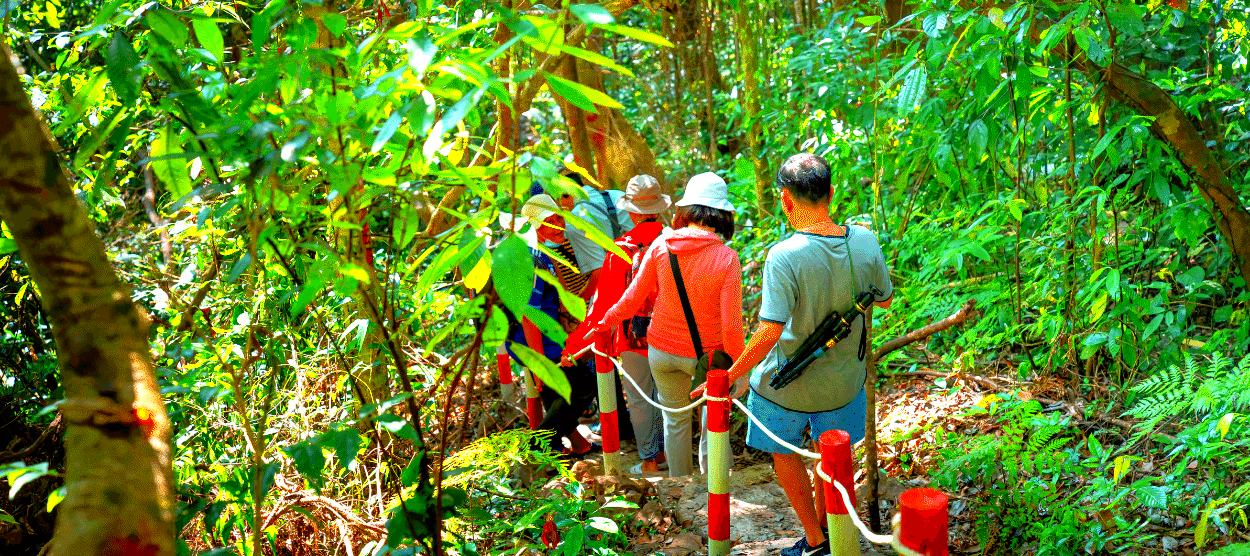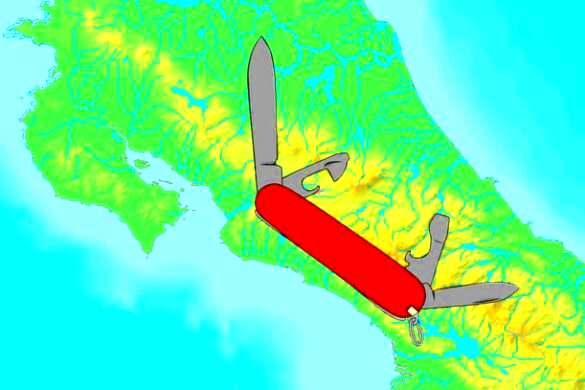Costa Rica Knife Laws and What to Know as a Tourist
When traveling to Costa Rica, it’s essential to understand the local laws, especially regarding knives. These laws are in place to ensure safety and maintain order. While Costa Rica is known for its friendly atmosphere, being informed about regulations can help you avoid misunderstandings. Knives can be considered weapons, and the laws governing them reflect this. So, let’s dive into what you need to know about knife laws in this beautiful country.
Types of Knives Permitted in Costa Rica

In Costa Rica, not all knives are treated equally. Here are some common types of knives and their legal status:
- Folding Knives: Generally permitted as long as the blade is not excessively long.
- Fixed Blade Knives: Allowed but should be carried in a sheath and not displayed openly.
- Multi-tools: Usually accepted as they often contain various tools including small blades.
- Combat Knives: These may face restrictions and should be avoided.
Remember, the key factor is how you carry these knives. Keeping them concealed and using them responsibly will help you stay on the right side of the law.
Legal Age for Carrying Knives

The legal age to carry knives in Costa Rica is similar to that of many other countries. Here’s a quick overview:
- Minimum Age: You must be at least 18 years old to carry a knife legally.
- Parental Consent: Those under 18 may carry knives with parental supervision.
It’s important to adhere to this age requirement, as failing to do so could lead to legal issues. Always carry identification to avoid any complications.
Where You Can Carry Knives in Costa Rica
Knowing where you can legally carry a knife in Costa Rica is just as important as understanding the laws themselves. Different areas have varying regulations, so it’s crucial to be informed. In general, while you may be allowed to carry a knife, there are specific places where doing so is frowned upon or even illegal.
Here are some key locations to keep in mind:
- Public Places: Knives should be concealed when in public spaces such as parks or beaches.
- Government Buildings: Carrying a knife in places like courthouses or police stations is prohibited.
- Airports: Knives are strictly forbidden in carry-on luggage, so make sure to pack them in checked bags if necessary.
- Bars and Nightclubs: It’s best to avoid carrying a knife in these environments to prevent any potential altercations.
Always remember to use common sense and respect local customs. If you’re unsure about a specific location, it’s better to leave your knife behind.
Consequences of Breaking Knife Laws
Understanding the consequences of breaking knife laws in Costa Rica is crucial for every visitor. While the country is known for its relaxed vibe, knife-related offenses can lead to serious repercussions. Here are some potential consequences:
- Fines: Depending on the severity of the offense, fines can vary. You could end up paying a hefty amount.
- Seizure of the Knife: Authorities may confiscate the knife, regardless of whether it was being used improperly.
- Arrest: In extreme cases, especially if the knife is used in a threatening manner, you could face arrest.
To avoid these consequences, always be mindful of the laws and carry knives responsibly. It’s better to be safe than sorry!
Tips for Tourists Regarding Knife Use
If you’re a tourist planning to carry a knife during your trip to Costa Rica, following some basic tips can help you navigate the local laws smoothly. Here are some practical suggestions:
- Research Local Laws: Before your trip, do a little research to understand the specific knife laws in the areas you’ll be visiting.
- Choose the Right Knife: Opt for a small folding knife or multi-tool instead of large fixed blades.
- Carry Discreetly: Always keep your knife concealed to avoid drawing attention.
- Avoid Provocative Situations: Steer clear of any situations where your knife might be seen as a threat.
- Be Respectful: Respect the local culture and always act responsibly when using or carrying a knife.
By following these tips, you can enjoy your stay in Costa Rica while staying compliant with local laws. Remember, the goal is to have fun and stay safe!
Important Cultural Considerations
When visiting Costa Rica, it’s not just about following the laws; it’s also about respecting the local culture. Costa Ricans, known as Ticos, have a unique way of life that values peace and harmony. Understanding these cultural nuances can enhance your travel experience and help you connect with locals. Here are some important cultural considerations regarding knife use and general conduct:
- Respect Personal Space: Costa Ricans value their personal space. Avoid displaying your knife in public settings, as this may be seen as threatening.
- Participate in Local Traditions: Engaging in local customs can build rapport. For instance, if you are invited to a gathering, it’s best to leave your knife at home.
- Community First: Costa Rican culture emphasizes community and cooperation. Avoid any behavior that might disrupt this sense of unity.
- Open Dialogue: If you’re unsure about something, don’t hesitate to ask locals. They usually appreciate your interest and willingness to learn.
By being mindful of these cultural factors, you’ll foster positive interactions and ensure a more enjoyable stay in Costa Rica.
Frequently Asked Questions
Many travelers have questions about knife laws and usage in Costa Rica. Here are some frequently asked questions to help clarify any concerns you might have:
- Is it legal to carry a knife while hiking?
Yes, you can carry a knife while hiking, but it should be kept concealed and used only for its intended purpose. - What is the best type of knife to carry?
A small folding knife or multi-tool is often the best choice for travelers, as they are more practical and easier to conceal. - Are there any special regulations for tourists?
Tourists must follow the same laws as locals, so it’s crucial to be informed and respectful of local regulations. - Can I bring a knife from my home country?
You can bring a knife, but it must be packed in your checked luggage if traveling by air. Always check airline regulations.
If you have any other questions, it’s a good idea to consult local resources or officials to get the most accurate information.
Conclusion
In summary, understanding knife laws and cultural considerations in Costa Rica is essential for a smooth and enjoyable trip. Always remember that while you can carry a knife, doing so responsibly and respectfully is key. Familiarize yourself with the types of knives allowed, where you can carry them, and the potential consequences of breaking the law. Additionally, embracing local culture will not only keep you safe but also enrich your travel experience. By being informed and considerate, you can make the most of your adventure in this beautiful country.


